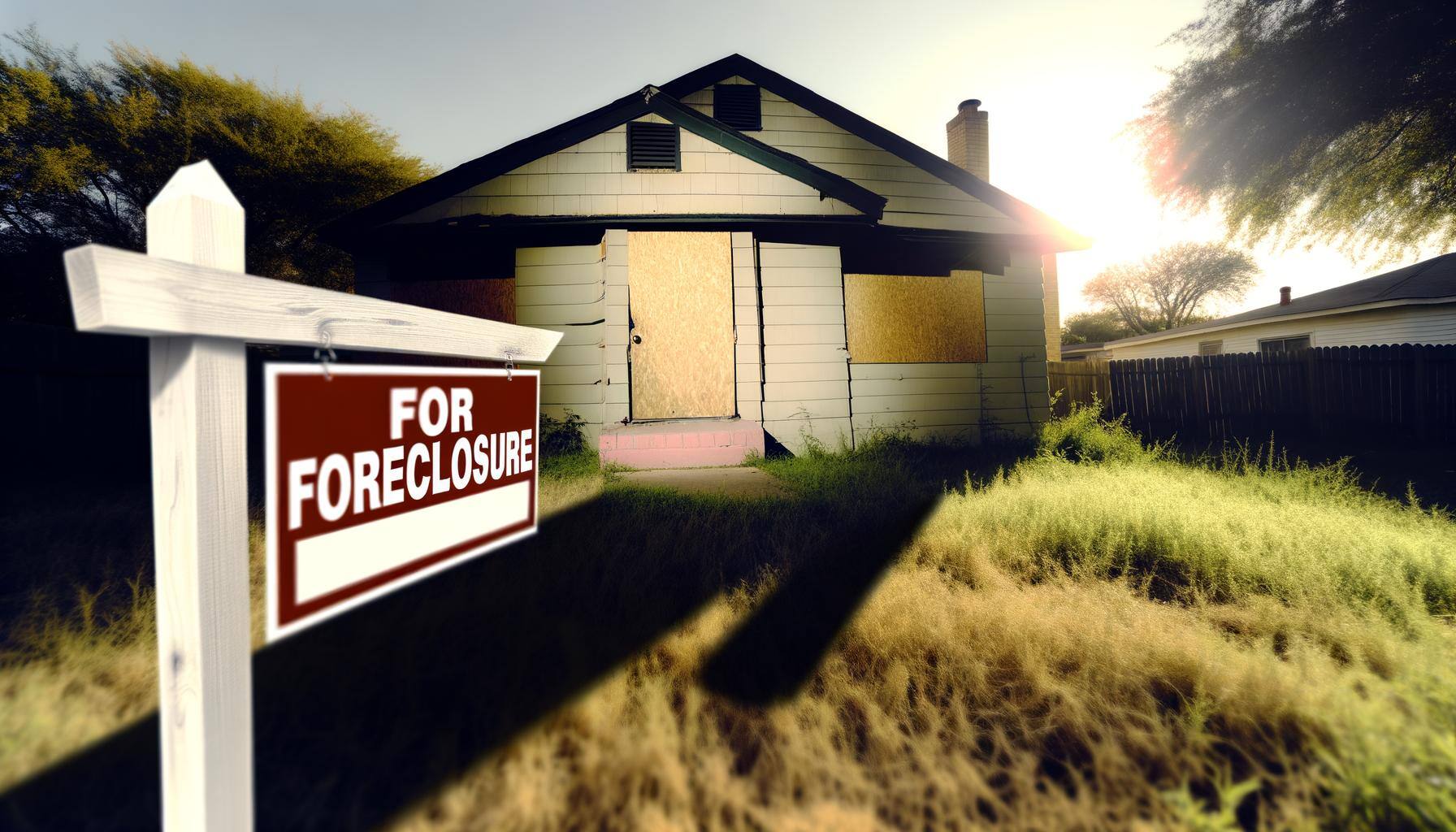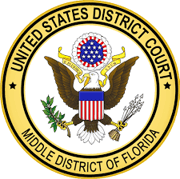Navigating Foreclosure in Florida: A Guide from a Brooksville Lawyer

As a foreclosure lawyer in Brooksville, FL, our firm has had the opportunity to help people from all walks of life because regardless of their current financial disposition, the foreclosure process is the same stressful situation for everyone. According to Atom Data, one of the largest foreclosure data collectors in the U.S., there were a combination of default notices, scheduled auctions, and bank repossessions on 214,323 properties in the United States in 2020. This occurred despite the fact that foreclosure moratoriums were in place throughout the end of 2020. Given that these moratoriums are set to end soon, it's important for you to start considering what legal options are available to you as a homeowner if you are behind on your mortgage payments.
How do Foreclosures Work in Florida?
While this may seem like a simple question, most people are unaware that the foreclosure process can vary from state to state. In Florida, Fla. Stat. § 702.01 provides in relevant part that “[a]ll mortgages shall be foreclosed in equity.” This means that your mortgagor must obtain a court order in order to foreclose on your home, and this process is known as a judicial foreclosure. Moreover, when a foreclosure action is brought in “equity,” as it must be in Florida, that means that a judge will be the person deciding whether both the law and the facts surrounding the foreclosure are sufficient to allow your lender to foreclose on your home, and there will be no jury participating in the foreclosure process.
How Will I Know if My Lender Has Started the Foreclosure Process in Florida?
Typically, the foreclosure process begins with your mortgage borrower filing a complaint, which normally must be served on you within 120 days pursuant to Florida Rule of Civil Procedure 1.70(j). Moreover, most mortgage lenders are required under federal law, specifically 12 C.F.R. § 1024.41, to wait until you are in default for more than 120 before filing a complaint, but whether your mortgagor is bound by this rule depends on the facts of your situation. Also, you typically get some form of pre-suit notice from your mortgage company before they file the foreclosure case, however, this is not always required.
What Happens If I am Not Served with a Complaint in a Florida Foreclosure Proceeding?
Normally, you will be served with a foreclosure complaint in person or a process server will leave a copy of the complaint with a person residing in your usual place of abode, which can be different than your residence, who is 15 years of age or older as required by Fla. Stat. § 48.031. However, when such service cannot be completed for some reason, the mortgagor may utilize what is known as “service by publication.” Fla. Stat. § 49.10 permits a borrower to complete service by publishing a notice of the foreclosure action in a publication, typically a newspaper, but for the service to be legally effective, the mortgagor must ensure that the publication itself satisfies certain requirements, consistent with Fla. Stat. § 702.035, and that the notice of the foreclosure action is published in the publication for the appropriate amount of time as required by Fla. Stat. § 49.10.
Determining whether an in-person service of process or service of process by publication was effective can be complicated and should be done with the assistance of an experienced foreclosure attorney, but it is nonetheless important because a defective service of process can serve as a reason to have a decree of foreclosure to be set aside. The reason for this is because you have a right to be notified or receive “notice” of the adverse proceeding against you as a matter of your constitutional right to due process of law. Generally, but not always, the Due Process Clause of the 14th Amendment requires that at a minimum, you must be given notice of an adverse proceeding against you and a hearing in front of an impartial tribunal. Thus, a foreclosure decree that has been entered without you being given proper notice can in some cases be invalid because it violated your constitutional right to due process of law.
What is an Order to Show Cause in a Florida Foreclosure Proceeding?
In general, an Order to Show Cause is an order that is issued by a judge that asks you to explain why the judge should not take some adverse action against you. In the foreclosure context, Fla. Stat, § 702.10(1) permits a lienholder to “request an order to show cause for the entry of final judgment in a foreclosure action.” Essentially, this request, in essence, indicates that in the lienholder’s opinion, there are no factual questions for the judge to resolve at trial, and the lienholder is entitled to obtain a decree of foreclosure as a matter of law. If the request is granted, the judge will enter a decree of foreclosure.
Typically, a hearing will be held concerning the lienholder’s request, and if you file “defenses by a motion, a verified answer, affidavits, or other papers or present[] evidence at or before the hearing which raise[s] a genuine issue of material fact,” the lienholder’s request should be denied. However, it is procedures such as this that demonstrate why retaining the services of an experienced foreclosure attorney in Brooksville, FL is so important.
Foreclosure Lawyer in Brooksville, FL
At the Peck Law Firm, P.A., our foreclosure attorney has been helping individuals facing foreclosure for years, and our goal is to provide you with the most effective defense possible in your foreclosure case. We understand how stressful and intimidating the foreclosure process can be, which is why our foreclosure attorney goes to great lengths to ensure that you understand the process and to explain what your legal options are. So, call the Peck Law Firm, P.A. today to find how an experienced foreclosure attorney can help you today.






